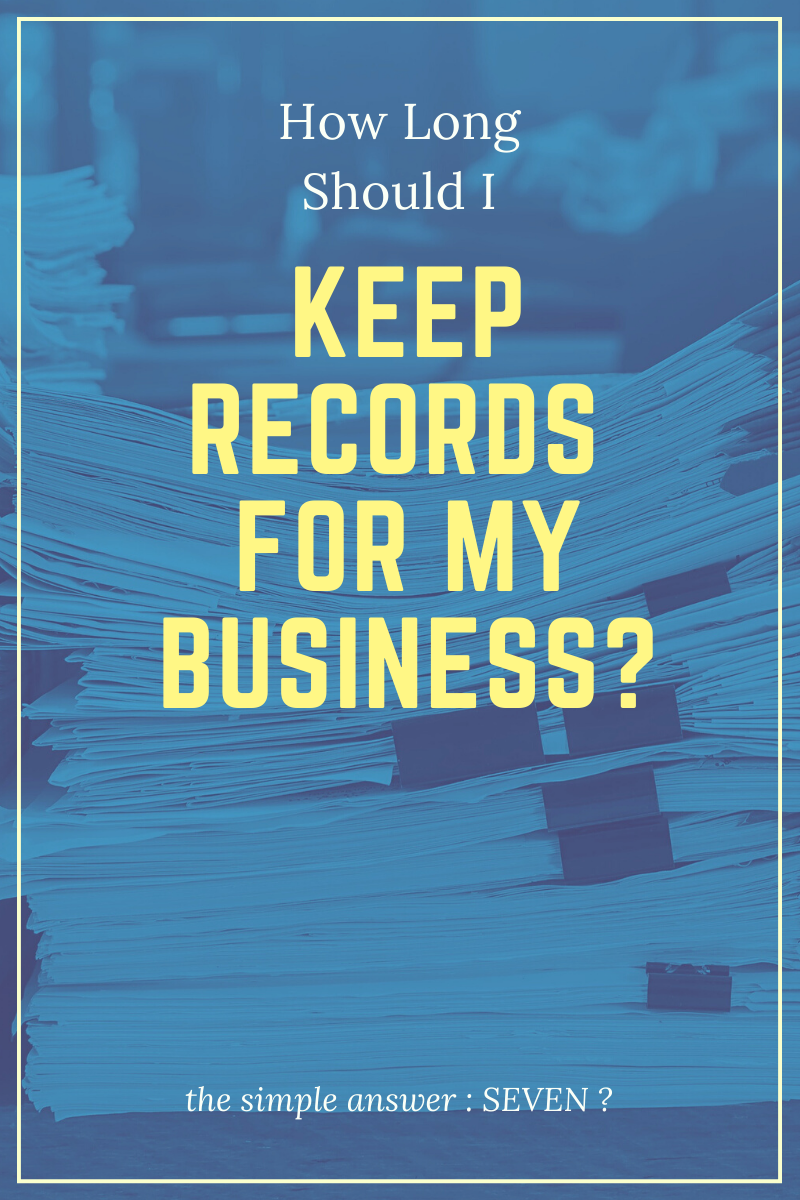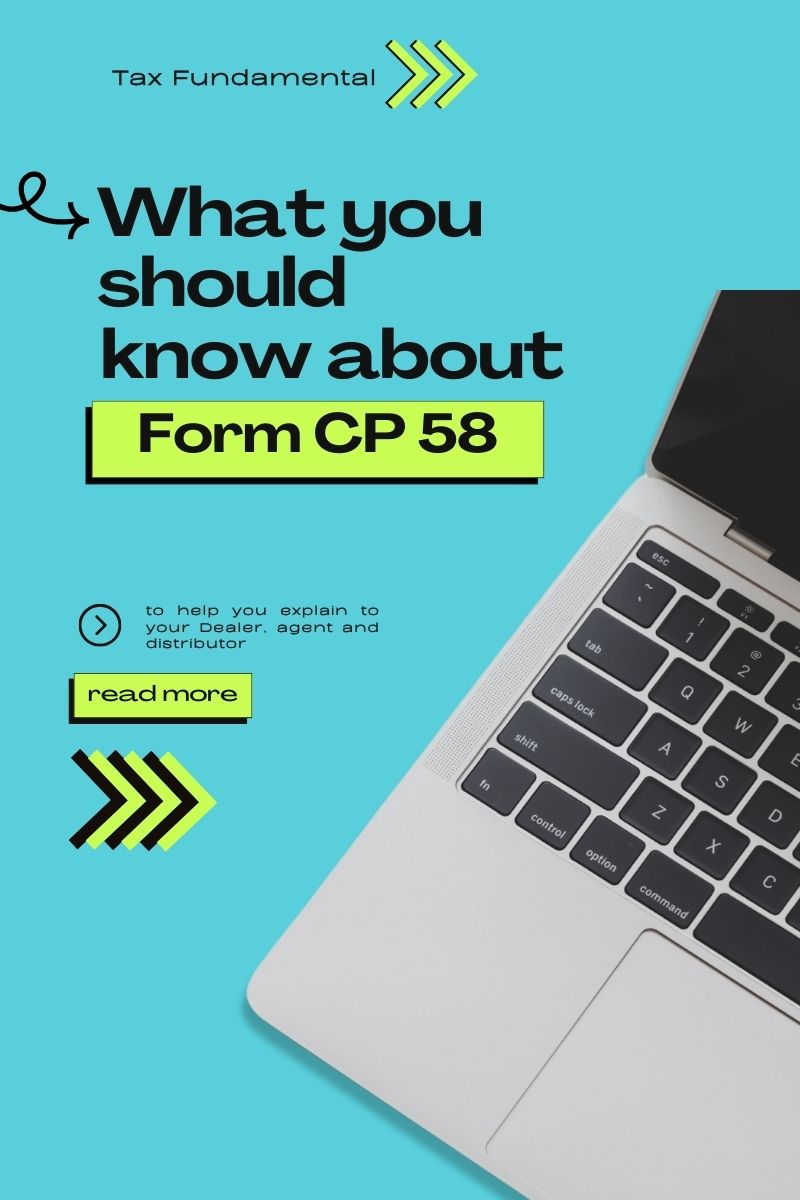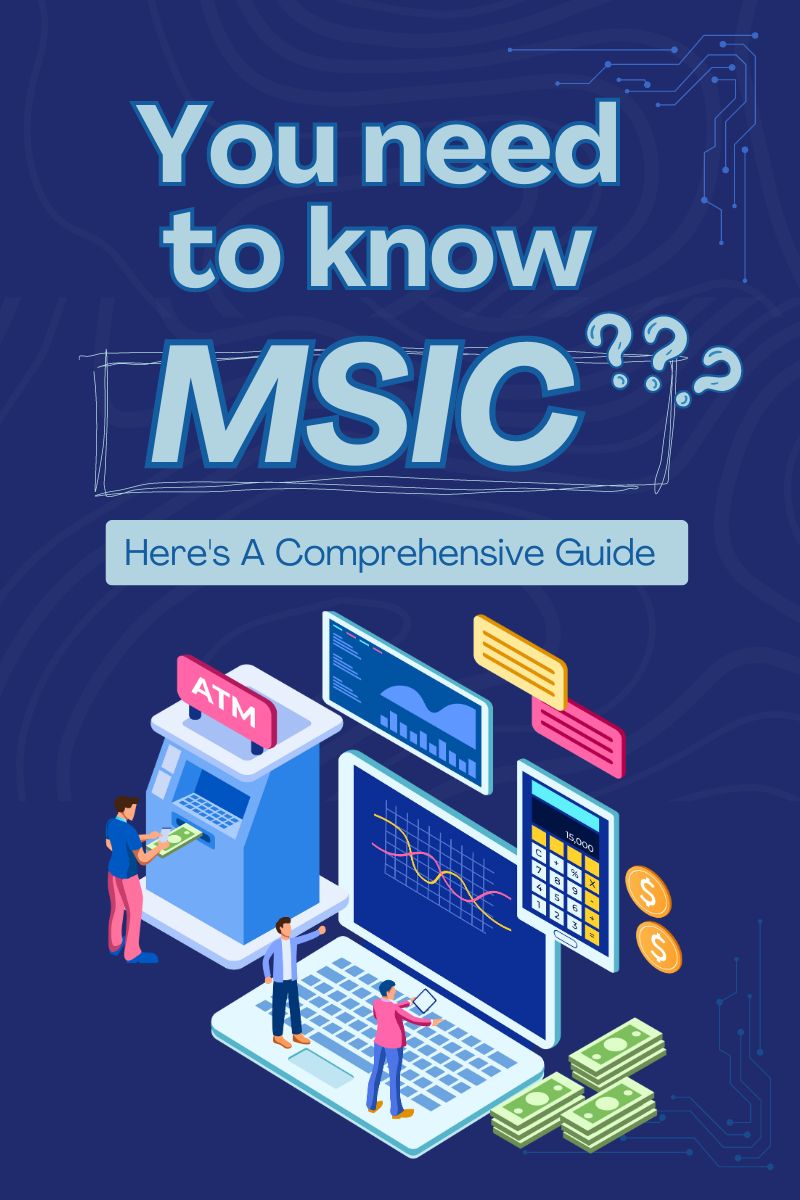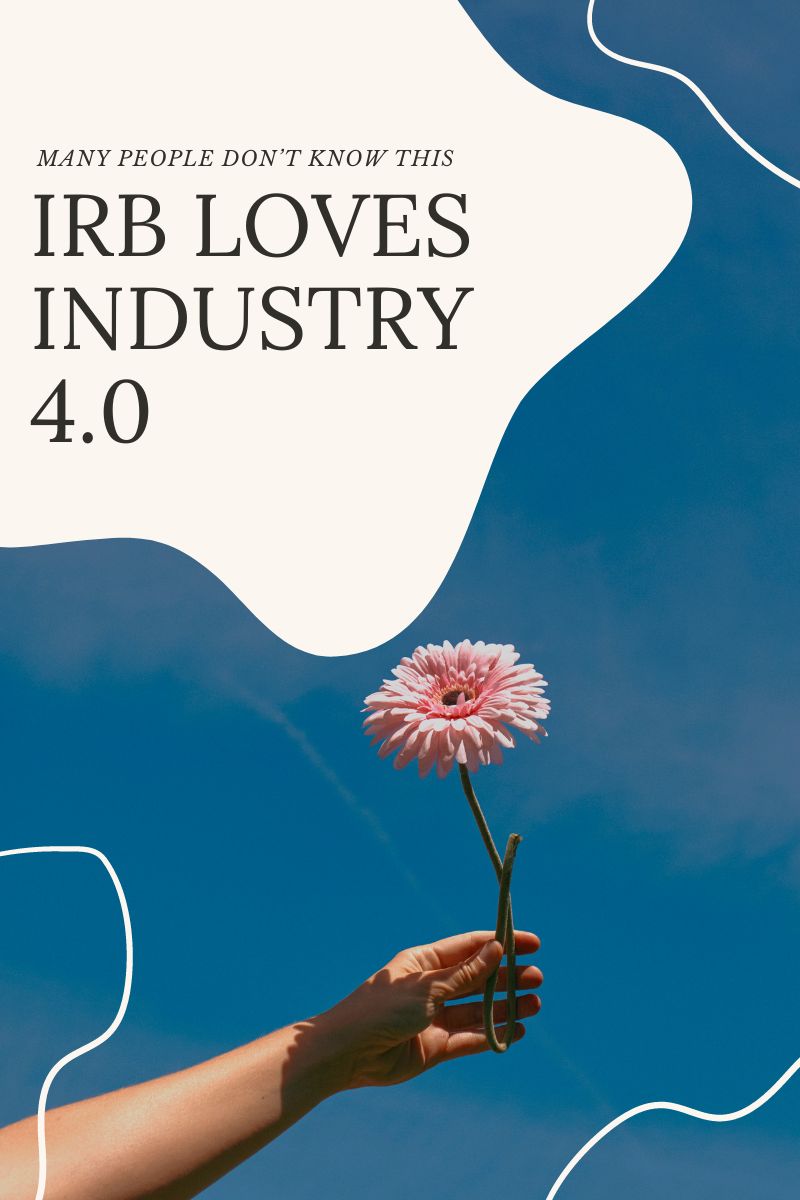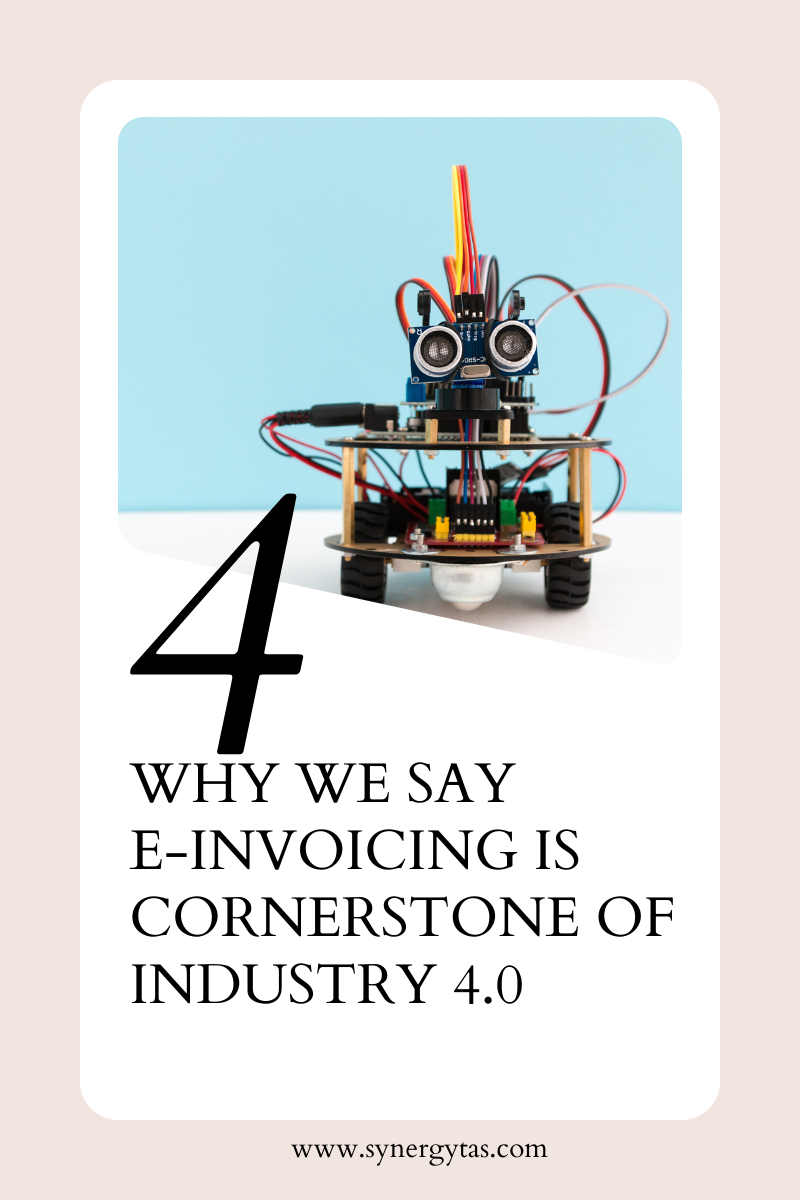“Seven Year “
You probably heard that you should keep a tax return for at least seven years after filing it. I always have the big question is 7 years from when? Here’s the answer I uncovered.
“The calculation of the seven years begins from the end of the year in which you submit the tax return. “
Unlike many countries, they rely on their limitation act; in Malaysia, our recordkeeping rules are clearly stated in the Income Tax Act 1967.
Here’s how the calculation of seven years works
Here’s an example of how this works:
I carry on a trading business on 1.1.2019. My business account closes on 31 December each year. I need to keep my 2019 business income for seven years. That would be until 31.12.2026 [ie. 2019 + 7 = 2026].
There is a big catch most people missed out on
“What if you didn’t submit your tax return on time?”
The keyword here is “submit the tax return”. If you submit it late, the deadline shift.
If you didn’t file your tax on time but submitted them later. You will need to :
“keep records from the end of the year in which you presented that return.”
Here’s how it works:
If I missed the deadline for 2019’s tax return. Instead, I submitted it in 2021. I’ll need to keep the 2019’s records until 31.12.2028 [2021 + 7].
If you are late: Start calculating from year-end of the year-end the return was filed.
Do you like flowchart? A picture speaks a thousand words.
In fact I am highly influenced by Dr Choong. He always says that to avoid a mistake in tax and legal process, always put the rules in decision tree diagram form. That way you will understand them clearly, same goes to the client.
Here’s the thinking process:.
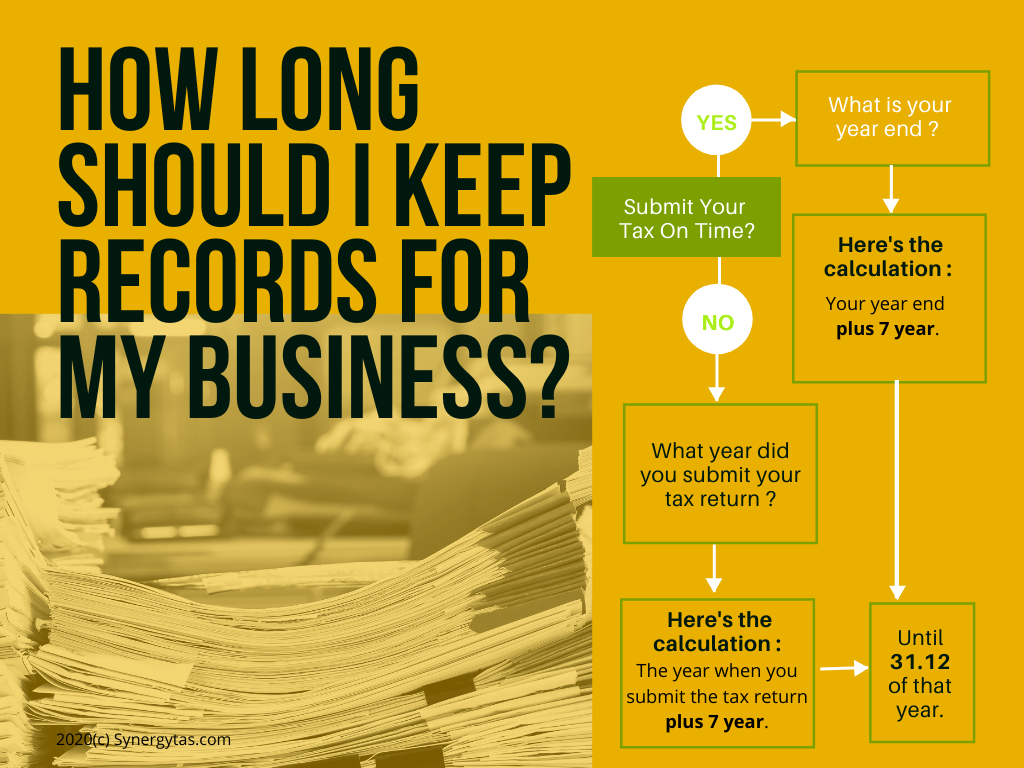
A quick summary of the record you will need to keep until the end of this year.
Since it is 2020 this year, I submit my taxes on time, I still need to legally keep the record up to the year 2013.
Here’s the example of the record keeping period:
| Year-end | Recordkeeping 7 years |
| 31.12.2019 | 31.12.2026 |
| 31.12.2018 | 31.12.2025 |
| 31.12.2017 | 31.12.2024 |
| 31.12.2016 | 31.12.2023 |
| 31.12.2015 | 31.12.2022 |
| 31.12.2014 | 31.12.2021 |
| 31.12.2013 | 31.12.2020 |
To ease your brain power, use this FREE recordkeeping calculator for fast and easy calculation :
Now that you know how long you need to keep record. The next big question is “which type of document?”
What document do you need?
Here’s what the law says :
S 82(9) of Income Tax Act 1967 requires us to keep a record of:
(a) books of account recording receipts and payment or income and expenditure.
(b) Invoices, vouchers, receipts and such other documents as in the opinion of the Director-General of Income Tax are necessary to verify the entries in any books of account; and
(c) Any other records as may be specified by statutory order as provided in s 82(3)
To provide a clearer understanding of “what is in DG’s opinion is necessary”, the IRB created three public rulings, which list documents based on each category: company, cooperatives, partnership, individual and any other types (this would include association, trust, association and more).
No. 6/2000
Keeping Sufficient Records (Persons other than Companies & Co-operatives)
30/6/2001
No. 5/2000
Keeping Sufficient Records (Individuals & Partnerships)
30.6.2001
No. 4/2000
Keeping Sufficient Records (Companies & Co-operatives)
30.6.2001
Especially for business storage space is always a concern. To provide a clear explanation on record keeping, you can read the one which relates to you.
For further details about the respective rules and procedures do refer to the public ruling below.
Next question is :
How soon you need to keep your records?
Personally, I don’t like accounting. I do have a charted accounting qualification. But accounting is never my favourite thing. I will always try to delay doing accounting entries until I really can’t delay any longer. Do you do that too?
Accounting entries are historical entries anyway. The question is how much time do you? From the date, the transaction made to the date the transaction recorded in your account? The answer is 60 days.
It is a consistent answer for both Income tax Act 1967 and Companies Act 2016.
All transactions should be recorded within 60 days of completion. You will need to keep these accounting and support documents as records.
Conclusion :
You need to keep records for 7 years. Do use either the flow chart or the Free record keeping calculator to help you with the calculation. Accounting entries should be recorded 60 days from the date it is created. IRB does provide a reference list of what documents you need to keep.
All taxpayer will be audited eventually. The duty falls on us the taxpayer to prove the accuracy of our transaction. So to help ourselves save the headache and heartache of disallowed deductions, or worst still suspicion of understatement of income. Do spend the time to understand record keeping.
